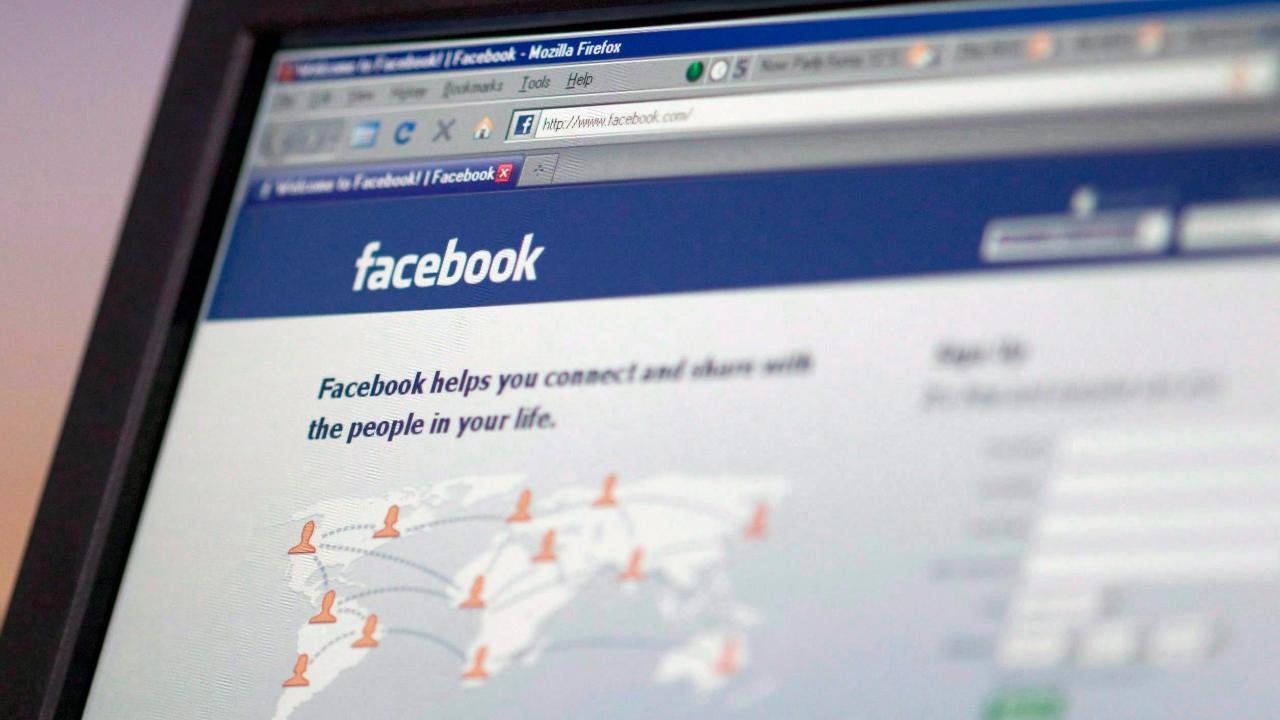Match CEO: Facebook users won’t be ‘comfortable’ using new dating service
Match Group CEO Mandy Ginsberg said on Wednesday that the upcoming launch of Facebook’s new dating service does not pose a significant threat to its business.
Ginsberg’s remarks, made during a conference call on earnings, came days after Facebook’s announcement of the feature sent shares of Match and its parent company tumbling.
The company, which owns several dating services including Match.com, Tinder and OkCupid, said revenue rose 36% to $407.4 million during its most recent fiscal quarter. While discussing quarterly results, Ginsberg said Match Group believes most dating service users do not want to combine their dating lives with their interactions on Facebook.
“I really don’t think people are going to be comfortable mixing their dating lives with Facebook, and so user targeting is not nearly as much of a big concern of mine at the moment,” Ginsberg said on the call.
Facebook said at the company’s annual F8 conference for developers that its dating service will begin testing later this year. The new feature will match users to people outside their group of “friends” based on common interests, dating preferences and other points of compatibility. Users will have to “opt in” to use the service, and their profiles will not be visible to their friends.
Match Group’s shares plunged more than 20% on May 1, the day Facebook announced the new feature. Shares of IAC, the parent of Match Group, fell more than 10% that day.
Facebook has endured increased public and federal scrutiny in recent weeks after a data breach exposed the personal information of up to 87 million users. The scandal led Facebook officials to submit to questioning on Capitol Hill and overhaul the social media platform’s data practices.
Ginsberg said that 75% of Tinder’s new users choose to sign into the service without registering through their Facebook accounts.
“The vast majority of singles would not want to use Facebook for dating primarily due to concerns with data and personal privacy,” she said. “But more importantly, they don't want to be contacted by strangers on a social network meant for connections with friends and family.”




















